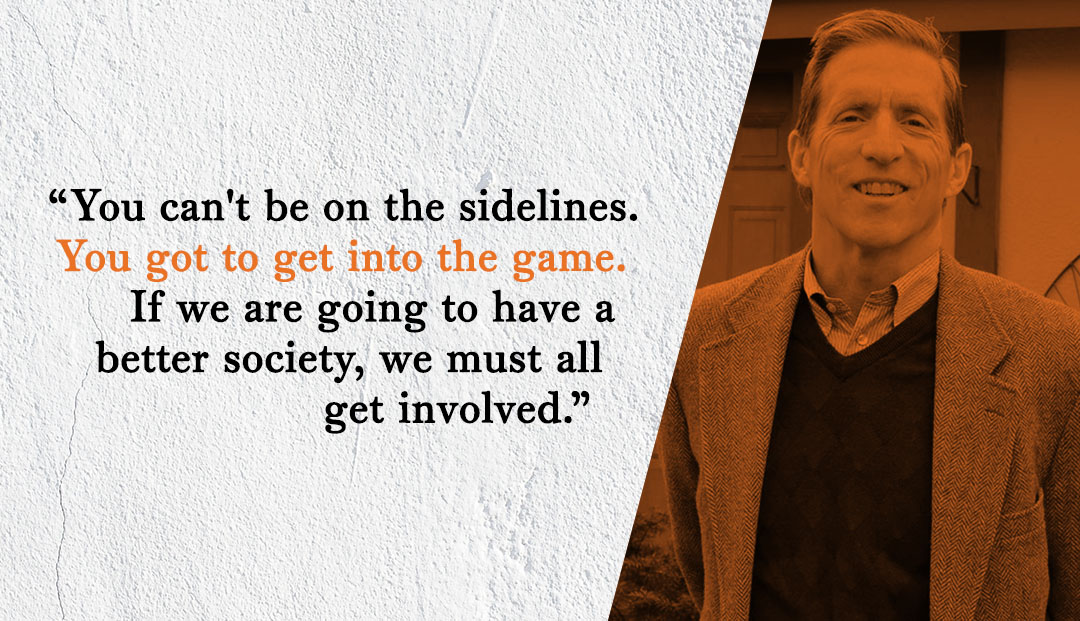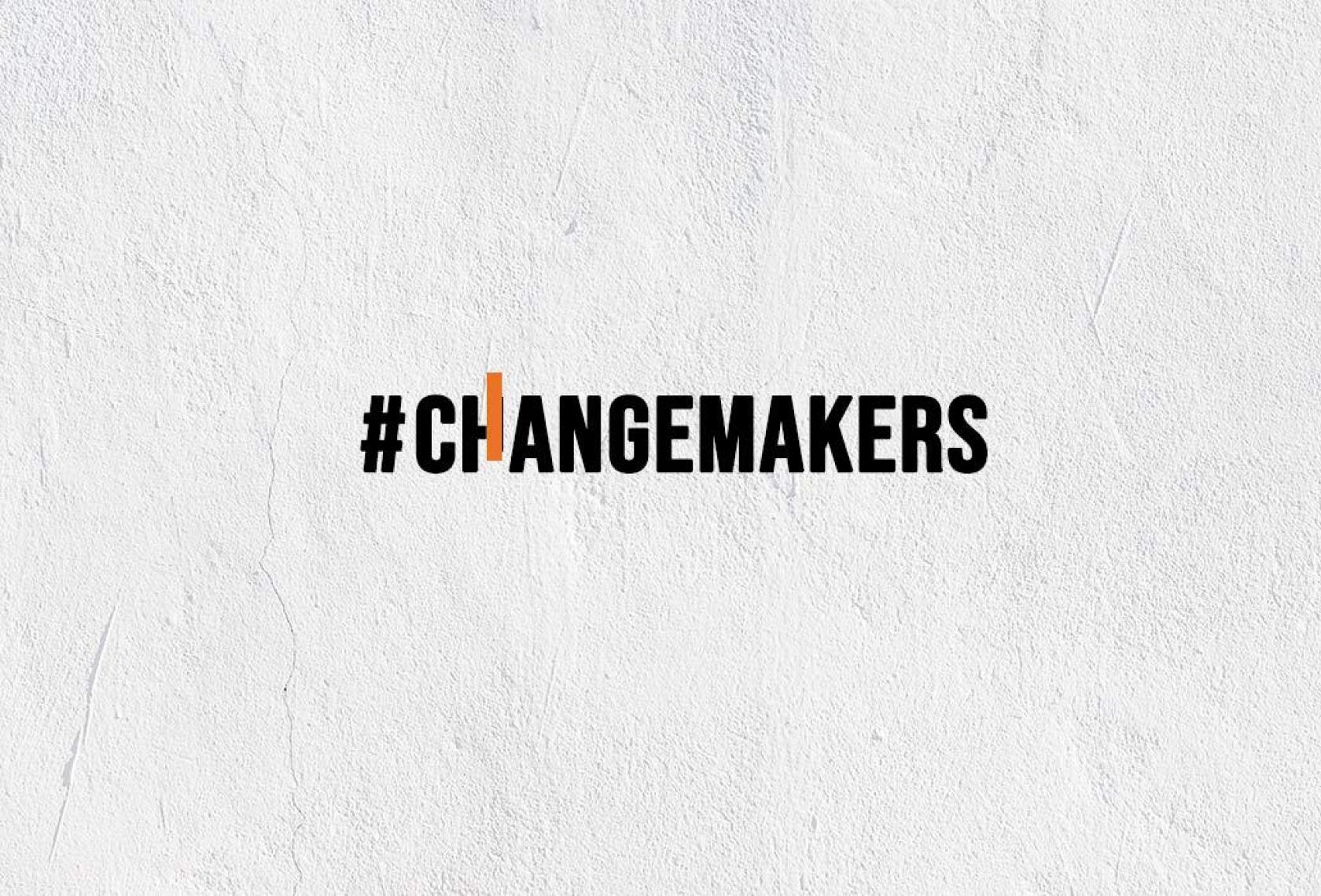Dennis McBride MPA '80 is the 17th mayor of Wauwatosa, Wisconsin. Before becoming mayor, McBride served 10 years on the Wauwatosa Common Council and two terms as Council president. He also served as chair of the Council’s Financial Affairs Committee and the Transportation Affairs Committee.
A lawyer by training, McBride served as a law clerk to a U.S. district judge and spent 24 years as a senior trial attorney and supervisory trial attorney for the U.S. Equal Employment Opportunity Commission. He also worked as a public relations manager for a Fortune 500 corporation.
A native of Wauwatosa, he graduated from Tosa East and earned a journalism degree from University of Wisconsin-Milwaukee. He also earned his MPA from Princeton in 1980, and a law degree from New York University.
In this Q&A and bonus podcast episode, he discusses the importance of having a “thick skin” as a government official and always playing on your own “home field.”
Q: Could you provide a brief overview of your career and what got you to the mayoral position in Wauwatosa, Milwaukee?
McBride: I always intended to be a public servant. My mother was vice-chair of the state Democratic Party during the Kennedy administration. She later was a political reporter. My parents were both newspaper reporters. My mother raised us all to be interested in public service. I decided that in college I'd become a journalism major, which has a good liberal arts background. That was at the University of Wisconsin, Milwaukee. I then went to NYU School of Law and Princeton for my master’s in public administration. I thought that combination of those three degrees would make me well suited for the job of a public servant. In law school, I clerked for Congress. I was an intern for Congress in Washington. I then worked for a federal judge for a year out of law school. I worked for the U.S. Equal Employment Opportunity Commission for over 24 years. I spent a long career in federal government. At the same time, I worked in civic, volunteer situations in my community. I served on the Wisconsin State Retirement Board for three years. I've done a million different things with Wauwatosa. All signs pointed to me eventually running for mayor.
Q: What do you think it takes to be an effective policymaker, leader, or government official?
McBride: It takes thick skin. It’s hard to be an elected official these days. Everything is polarized. You have to keep your focus on what it is you’re trying to do. You have to worry about doing what's right. I've gone through one of the toughest years that any mayor could go through over the last year –– 2020 was a real challenge. The people in the middle have been highly supportive of what I've done and what we're doing at Wauwatosa. The thick skin is necessary because you get the naysayers. Mark Twain was the one who said, ‘Always do the right thing. It will delight your supporters and astonish the rest.’ That’s what I'm here for. I don't need the job. I retired from my day job a few years ago to focus on this.
Q: What have you learned throughout this varied career? What sort of skills, strategies, and lessons would you want to share?
McBride: The best lesson is one that my father taught me repeatedly when I was younger. He said, ‘Never get into a spraying contest with a skunk.’ The obvious lesson is, if you get into a contest like that with a nasty person, you’re going to end up smelling like a skunk yourself. As a lawyer, I told younger lawyers, never play the game on someone else’s field, play it on your home field. When you write a brief, do it from your strongest argument. Don't spend all your time responding to their arguments. The same is true when you deal with the media or you're out in public. Start from what's your strongest argument today on this issue. Don't get caught up in tangles with other people's arguments. I try to play the game on my home field and not on their home field.
Q: Do you have any strategies you would offer in terms of getting people around a table, whether virtual or in person, and coming out with a consensus?
McBride: Internally, at city hall, we have a terrific staff. You let good people do good things, and then they bring good things to you. Allow people to think that whatever your good idea is was actually their good idea, and then support that. And don't worry about taking credit for it because sooner or later, you will look good. If the city looks good, the mayor looks good. And if the mayor looks good, it's because people are embracing whatever ideas are floating around now. I have an ego like everyone else, but I don't need the praise. I just want to see the right things happen.

Q: How did Princeton prepare you for your career? How did it prepare you for life? What it was like to be a student here?
McBride: It gave me the opportunity to do some reading in areas that I had wanted to read in, but I hadn't had time. I remember Donald E. Stokes, who was the dean at the time, saying we’re not here to make you experts in economics and statistics. We’re here to make you intelligent consumers of economics and statistics. By spending more time in microeconomics and macroeconomics and taking statistics, I became an intelligent consumer of those things, and I'm hardly an expert in that. So that's helped me a lot in my legal practice and as a public official. I read on transportation. That has been extremely important because we're putting a bus rapid transit system in Milwaukee and the first leg of that we'll go from downtown Milwaukee to Wauwatosa’s medical center, the two busiest areas in the Milwaukee area. I would not have known about transit-oriented development if I hadn't studied that at Princeton. I also studied housing. We are working diligently to try to bring more affordable housing to Wauwatosa. The new census shows us that we're still about 82% white, and we're trying to diversify. The only way we're going to do that is to make sure that we have housing opportunities for everybody. By studying housing at Princeton, I'm better able to deal with that. I took urban history at Princeton, and we just had a budget discussion with our health officer, and we were talking about clean water. I referred to the book “The Cholera Years.” It really opened my eyes to the need for public sanitation. I give a great deal of credit to Princeton for giving me the opportunity to become a more well-rounded, would-be public official.
Q: What advice would you give to others who want to make a difference, whether it's running for office, joining our cause, pursuing higher education, whatever that may be?
McBride: We used to have two daily newspapers in Milwaukee. The morning paper was the Milwaukee Sentinel. At the top of the editorial page was a quote from Edmund Burke, the Anglo-Irish statesman. It said, ‘The only thing necessary for the triumph of evil is that good men do nothing.’ I amend that to ‘good people.’ That was the philosophy instilled in me by my parents. If we are going to have a better society, we must all get involved. What frustrates me is people who have the time and the ability to get involved and they don't get involved. And then they just gripe. You can't be a griper. You can't be on the sidelines. You got to get into the game. It's important for all of us. If we care about our democracy, and our democracy is under threat right now, we need to get involved and make sure that evil doesn't happen.
Q: Is there anything else you want to share?
McBride: I appreciate the opportunity to share some thoughts. At this stage in my career, the most important thing to do now is find younger people who will take up the baton. I've been appointing a lot of younger people to boards and commissions — 30-year-olds who want to take over from the 68-year-old. We have the oldest commercial building in Milwaukee County in Wauwatosa. It's a frame building called the Little Red Store, built in 1854. It survived a fire and everything else. I helped to get it fixed up some years ago. My kids asked, "Why are you doing that?" I said to them, "Every generation has to take care of what we have. It'll be your turn next." I feel that way now more than ever.



